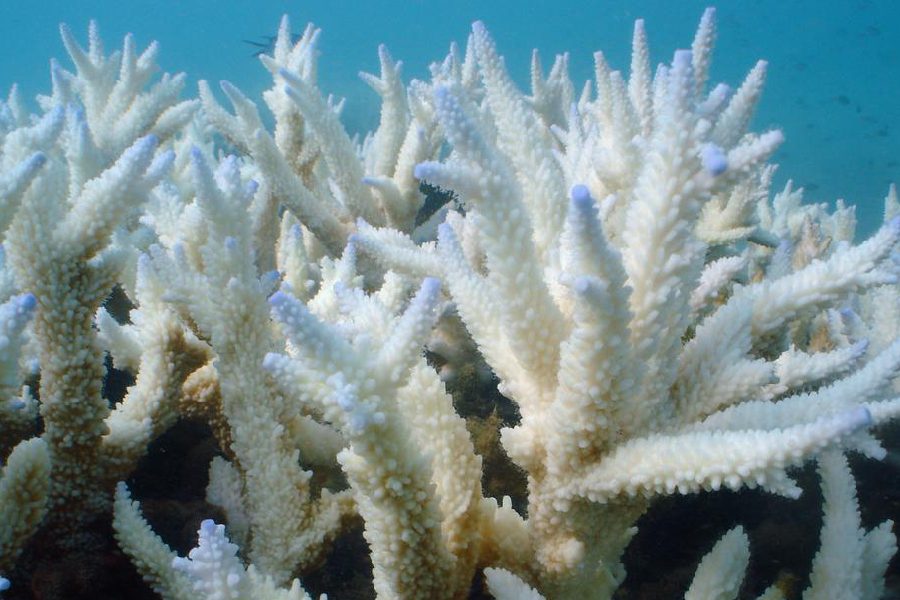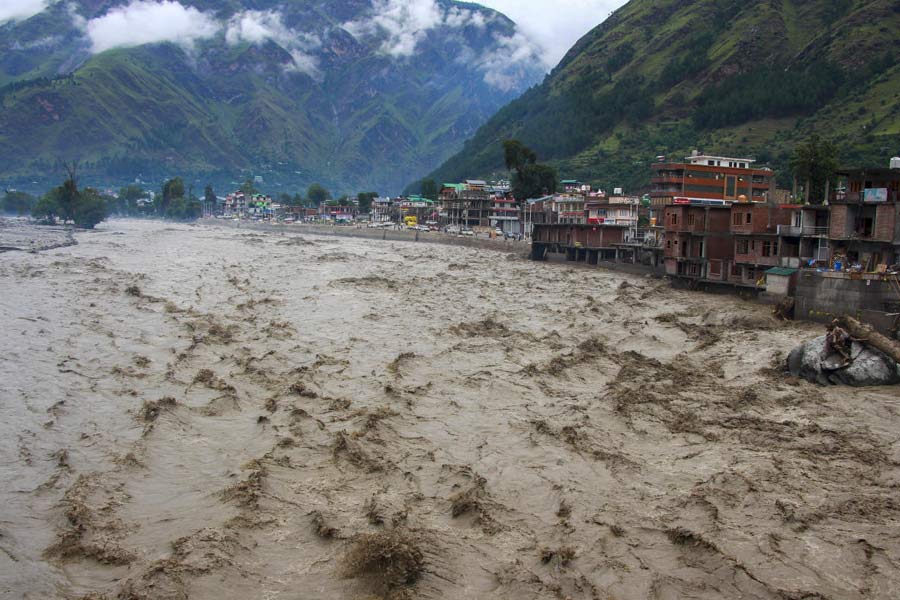Scientists have warned the planet has crossed a critical climate threshold as coral reefs suffer mass collapse — marking Earth’s first major tipping point and signalling a perilous new era for global ecosystems.
The harmful bleaching of the world's coral has now spread to 84 per cent of the ocean's reefs, making it the most intense event of its kind in recorded history, reported CNN Climate citing a International Coral Reef Initiative (ICRI) report.
This is the fourth global bleaching event since 1998, surpassing the 2014-2017 crisis that affected two-thirds of the world's reefs. The current event, which began in 2023, shows no signs of ending and is being driven by rising ocean temperatures caused by human-induced climate change.
"We are rapidly approaching multiple Earth system tipping points that could transform our world, with devastating consequences for people and nature," said Tim Lenton, professor at the Global Systems Institute at the University of Exeter and one of the report's lead authors.
Warm-water corals are the first major ecosystem to collapse under the strain of a heating planet, according to the report. Once vibrant underwater cities of colour and life are turning into seaweed-dominated wastelands.
"We have now pushed (coral reefs) beyond what they can cope with," said Mike Barrett, chief scientific advisor at the World Wildlife Fund UK and a co-author of the report. Unless global warming is reversed, "extensive reefs as we know them will be lost," the authors warned.
Coral reefs support marine biodiversity, sustain food security for millions, contribute trillions to the global economy, and act as natural barriers against coastal storms.
Their decline signals the beginning of wider systemic collapse in ocean ecosystems.
In 2024, global temperatures averaged 1.52°C hotter than before industrialisation, the hottest 12-month period ever recorded, according to the European Union's Copernicus Climate and Weather Monitoring Service. January 2024 alone was 1.66°C warmer than the pre-industrial January average.
While scientists caution that a single year above 1.5°C doesn't mean the Paris Agreement has failed, the record shows how rapidly the planet is heating.
Matt Patterson, a postdoctoral researcher in atmospheric physics at the University of Oxford, said that sustained warming over several years would be far more dangerous.
The coral collapse may only be the beginning.
The report warns that Earth's critical systems from the Amazon rainforest to the polar ice sheets are being pushed close to points of no return.
Among the most alarming possibilities is the potential breakdown of the Atlantic Meridional Overturning Circulation (AMOC), a vast network of ocean currents that helps regulate global temperatures.
The world is ill-equipped to handle these abrupt shifts, according to Manjana Milkoreit, researcher at the University of Oslo's Department of Sociology and Human Geography and a report author.
Current global policies and climate accords, she said, are "designed for gradual changes, not for these kinds of abrupt, irreversible and interconnected shifts." How governments respond in the next few years, she warned, "could shape the Earth system for a very long time."
The findings come just weeks before world leaders meet in Brazil for COP30, the annual United Nations climate conference, where nations are expected to present updated emission-reduction goals for the next decade.














